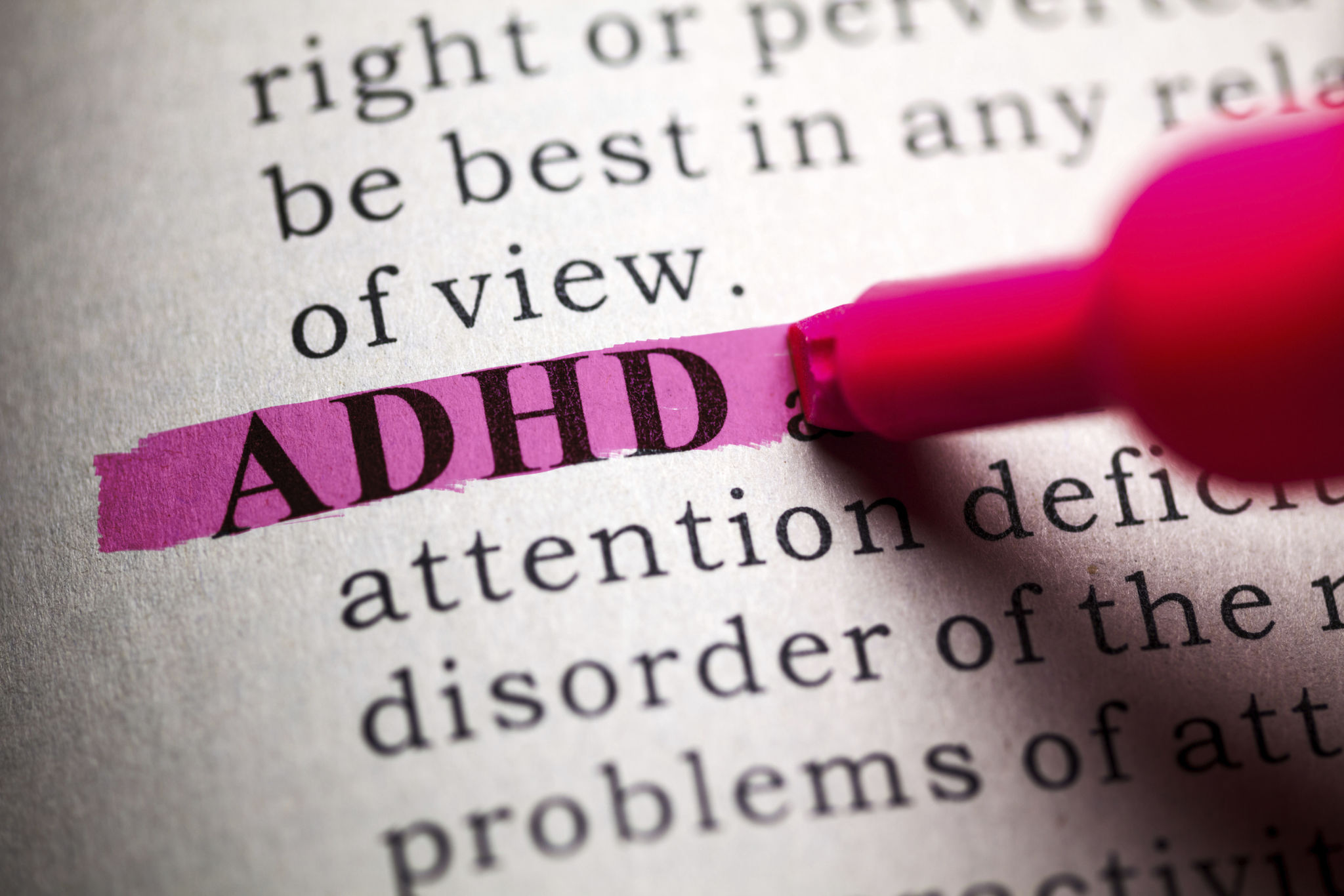Understanding the Defining Traits of ADHD: Insights from Dr. William Dodson
DH
When discussing ADHD (Attention Deficit Hyperactivity Disorder), it's essential to move beyond the misconceptions about inattention or lack of focus. In reality, ADHD manifests in a variety of ways that those without the condition may not experience. According to Dr. William Dodson, a board-certified psychiatrist specializing in ADHD, there are three primary traits that define the ADHD experience: an interest-based nervous system, emotional hyperarousal, and rejection sensitivity.
1. An Interest-Based Nervous System
While ADHD is commonly associated with a "deficit" of attention, it is more accurate to describe it as an inconsistency in attention. Those with ADHD don't have trouble paying attention to everything, but rather their focus is activated under specific circumstances such as interest, novelty, challenge, passion, or urgency. In other words, attention is often linked to whether the task at hand is engaging enough to capture their interest. Dr. Dodson explains that this leads to a situation where people with ADHD are often highly motivated by what excites or intrigues them, while struggling with tasks that don't immediately capture their attention .

2. Emotional Hyperarousal
Another common trait of ADHD is emotional hyperarousal, which refers to the intense emotional responses individuals with ADHD often experience. Their emotional highs can be extremely high, and their lows can be notably low. This can lead to frequent misdiagnoses, with ADHD individuals sometimes being diagnosed with depression or bipolar disorder due to the intensity of their emotions. The highs and lows of emotional hyperarousal can affect every aspect of life, from relationships to day-to-day stress .

3. Rejection Sensitivity
One of the lesser-known traits associated with ADHD is rejection sensitivity. This refers to the intense emotional pain that individuals with ADHD feel when they are criticized, rejected, or even when they perceive they might be rejected. For many, the mere thought that someone may not like them can lead to emotional distress that lingers for days, weeks, or even longer. Rejection sensitivity can make social interactions and feedback particularly challenging for those with ADHD, often contributing to anxiety and stress .

Conclusion
Dr. Dodson's exploration of these three defining traits highlights a more nuanced understanding of ADHD. It's not just about difficulty focusing—it's about how ADHD shapes attention, emotional responses, and social interactions in unique ways. If you or someone you know experiences these traits, recognizing them can be the first step toward effective management and support.
At Illuminated Minds, we aim to provide advocacy, resources, and support for individuals and families navigating the complexities of ADHD. Feel free to explore more on our website or reach out for personalized guidance.
Bibliography
Dodson, William. "The ADHD Interest-Based Nervous System." ADDitude Magazine, 2023.
https://www.additudemag.com/adhd-interest-based-nervous-system/
Dodson, William. "Emotional Hyperarousal and ADHD: Understanding the Emotional Side of ADHD." ADDitude Magazine, 2023.
https://www.additudemag.com/adhd-and-emotions-emotional-dysregulation/
Dodson, William. "Rejection Sensitive Dysphoria in ADHD." ADDitude Magazine, 2023.
https://www.additudemag.com/rejection-sensitive-dysphoria-adhd
